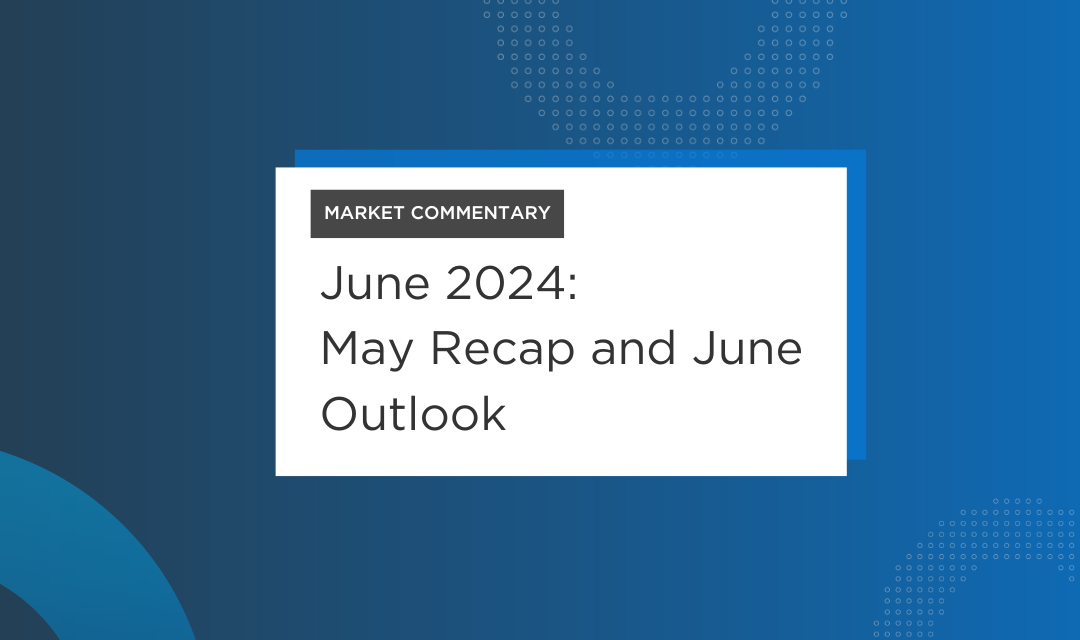Retiring in a Volatile Market: Control What You Can
With contributions from Mark Essenfeld, CFP®, AIF®
Retirement during a volatile market is unsettling. Whether you are on the cusp or have already made the leap, a market downturn’s impact on your savings will be felt now and potentially for years to come. How do you keep your plan on track and your desired lifestyle in place?
If you can’t control income, you’ll need to control expenses. And that means budgeting and taxes. You can deploy tactics and strategies to optimize these factors no matter what stage you are in on your retirement journey.
Set a Realistic Budget – And Stick to It
Lifestyle creep is real. No matter how carefully you budget, somehow, the numbers on the spreadsheet don’t mean much when confronted with fun, deliciousness, seeing family, a quick weekend trip, or anything else. You get the idea.
A volatile market means that drawing income from investments will likely result in selling into a down market. This not only crystallizes the loss, but you may also have to sell greater amounts to make up for lower prices. This will hamper your recovery, and your assets may not grow as much over time.
Reviewing your budget to ensure you keep your spending at a level that is commensurate with your income is critical.
Plan Proactively to Reduce Taxes
Planning strategically for taxes can help you keep more of your income. This can compensate for budget shortfalls or help you give long-term capital growth investments the time they need to recover. There are a lot of things you can do to keep yourself in the lowest possible tax bracket.
Maximize Tax-Free Social Security Income
Social security benefits have a tax-free component of at least 15%. Whether you pay taxes on the other 85% depends on your overall income level, but you can increase your tax-free income by maximizing your benefits. Waiting until age 70 to claim increases your annual benefit by 8% for every year from your full retirement age (FRA). If you are married, it may make sense for the spouse with the highest income level to wait until age 70, while the lower-income spouse claims early or full retirement.
Deploy an Asset Location Strategy
Asset location refers to the types of accounts where you hold investments. They are tax-deferred such as 401(k)s and IRAs, taxable brokerage accounts, and tax-free Roth accounts.
Using all the accounts together to create a tax strategy that lowers lifetime taxes is the goal. The general principle is to match the asset up to the account’s tax treatment. Stocks receive tax-favorable treatment on qualified dividends and long-term capital gains, so one option is to put them in a taxable account. Municipal bonds also belong in a taxable account since interest earned is federally tax free. Interest on Corporate bonds, however, taxed at the rate of ordinary income are best held in a tax deferred account. In addition, the lower growth rate compared to equities will help reduce required minimum distributions later on.
Using the Roth IRA account as a flexible source of funds can help keep you in lower tax brackets. In years when taxable income is higher, using funds from the Roth account for living expenses can reduce income taxes and help you avoid the IRMAA Medicare Part B and Part D premium surcharge.
Take Advantage of Lower Asset Values with a Roth Conversion
A drop in value of 401(k) and IRA accounts is painful – but the lower price of each security means you can convert more shares to a Roth account and then take advantage of the recovery in an account type where the asset can be withdrawn tax free. This can set you up for a more effective asset location strategy and can help you control future income and taxes by eliminating RMDs on the assets that are converted.
The Bottom Line
Retiring in a volatile market adds a layer of complexity to all the choices you need to make. It means emphasizing controlling your expenses, whether incurred because of lifestyle choices, or because of the taxes on income you draw from retirement accounts. The critical thing to remember is that you do have options, and you can control several important levers intended to help you keep your retirement plans intact.
DISCLOSURES
Investment advisory services offered through TCG Advisors, an SEC registered investment advisor. Insurance Services offered through HUB International. Tax services offered through RPW Solutions. Although the information in this blog has been compiled from data considered to be reliable, the information is unaudited and is not independently verified.
Tax services offered through RPW Solutions. TCG Advisors does not provide tax, legal or accounting advice. This presentation was prepared for information purposes only, and is not intended to provide, and should not be relied on for, tax, legal or accounting advice. You should consult your own tax, legal and accounting advisor before engaging in any transaction.
This website is not authorized for use as an offer of sale or a solicitation of an offer to purchase investments. This website is for informational purposes only and does not constitute an offer to sell, a solicitation to buy, or a recommendation for any security, or as an offer to provide advisory or other services in any jurisdiction in which such offer, solicitation, purchase or sale would be unlawful under the securities laws of such jurisdiction. TCG.27.2023


